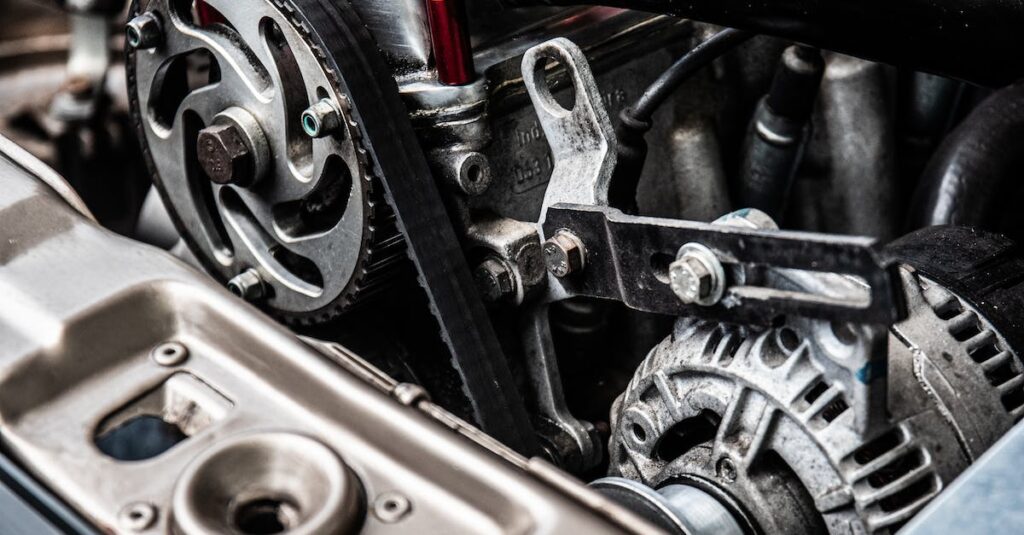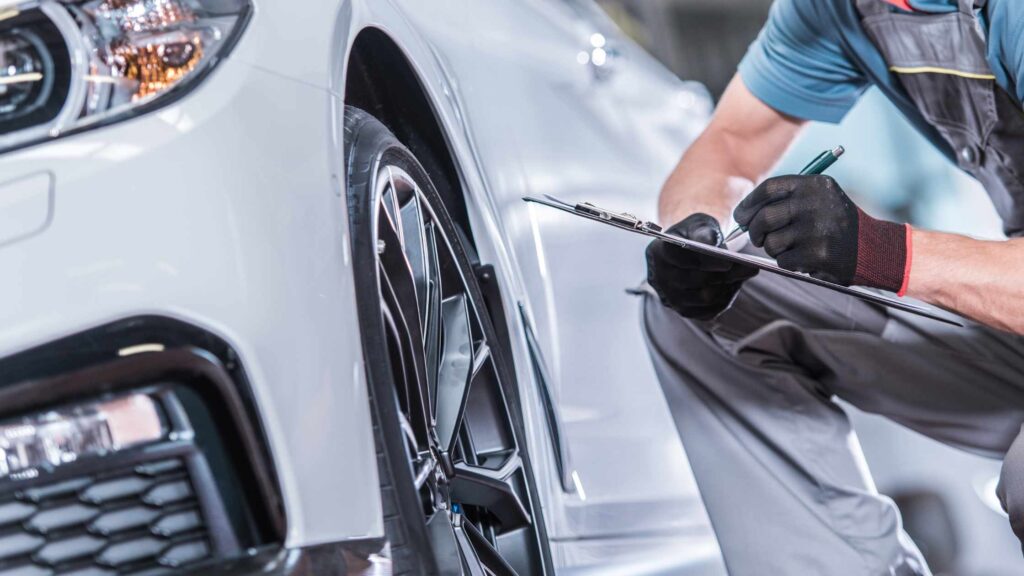The Basics of Engine Tune-ups
Regular engine tune-ups are essential for maintaining the performance and efficiency of your vehicle. By keeping your engine in top shape, you can enjoy a smoother driving experience while also optimizing fuel economy. In this article, we will explore the importance of regular engine tune-ups and the benefits they provide.
Maximizing Performance
One of the primary reasons why engine tune-ups are crucial is to maximize performance. Over time, various components of your engine can become worn or deteriorated, affecting its overall power and efficiency. Through regular tune-ups, you can identify and rectify these issues, ensuring that your engine operates at its best.
During a typical engine tune-up, several key components are inspected and serviced. This includes the spark plugs, ignition coils, air filters, fuel injectors, and timing belts. By replacing worn-out parts and keeping these components in optimal condition, you can enhance your engine’s performance and responsiveness.
Improving Fuel Efficiency
In addition to optimizing performance, regular engine tune-ups can significantly improve fuel efficiency. When your engine is not maintained correctly, it may start to consume more fuel than necessary. This can result in higher operating costs and increased carbon emissions, which is harmful to the environment.
During a tune-up, the fuel system is thoroughly examined and serviced. This includes cleaning or replacing fuel filters, ensuring fuel injectors are working correctly, and inspecting the overall fuel system for any leaks or issues. By addressing these problems, you can achieve better fuel economy and save money at the pump.
Extending Engine Lifespan
Another major advantage of regular engine tune-ups is prolonging the lifespan of your engine. By addressing minor issues before they become major problems, you can prevent costly repairs down the line. Neglecting maintenance can lead to severe engine damage, resulting in the need for a complete overhaul or even replacement.
During a tune-up, technicians can identify early signs of wear and tear or potential failures. Prompt replacements or repairs can prevent further damage and ensure that your engine operates at its full capacity for years to come. Investing in regular tune-ups is a small price to pay to avoid more extensive and expensive repairs in the future.
Ensuring Safety
Regular engine tune-ups not only benefit your vehicle’s performance but also ensure your safety on the road. Faulty components or engine malfunctions can lead to unexpected breakdowns, leaving you stranded in inconvenient or potentially dangerous situations. By prioritizing engine maintenance, you can minimize the risk of unexpected failures and enhance your overall driving safety.
Choosing the Right Professional
While some car owners may attempt to perform engine tune-ups themselves, it is highly recommended to seek the assistance of a qualified professional. These experts have the knowledge, experience, and tools required to accurately diagnose and service your engine.
When selecting a professional for your engine tune-up, consider their reputation, certifications, and customer reviews. Don’t hesitate to ask questions and discuss your concerns to ensure that they understand your specific needs and expectations.
Summary
Regular engine tune-ups play a vital role in maintaining the performance, efficiency, and longevity of your vehicle. By performing routine inspections and servicing key components, you can maximize your engine’s power and fuel economy. Additionally, regular tune-ups help to identify and address potential issues before they evolve into larger and costlier problems. As a responsible car owner, investing in regular engine tune-ups is a wise decision that benefits both your vehicle and your wallet.







